When children can no longer safely remain with their parents, their outcomes are better when they’re placed with kin—relatives or non-relatives the child already knows—compared to being placed with strangers. Historically, no national standards in the U.S. existed for licensing kin.
Kin faced barriers that made it difficult to get licensed, meaning they were unable to receive stipends and resources needed to care for children. Our work aimed to make it safer and simpler for children to stay with kin by making licensing more equitable.
A 2023 federal rule allowed child welfare agencies to establish kin-specific standards that followed recommendations of national organizations. In response, we created background check and caregiver assessment template forms to license kin. The templates, along with our findings, were vetted by national child welfare agencies and published as the
Recommended Standards of National Organizations for Kin-specific Foster Home Approval, becoming the standard for all child welfare agencies to follow.
"Bloom made the kin licensing standards, down to the form templates, and now literally the entire country is committed to adopting the standards and using the forms in whole or in most part. States have said many times on the record that those forms and policies made the change so much easier/doable." - Marina Nitze, Child Welfare Playbook Working Group (client)



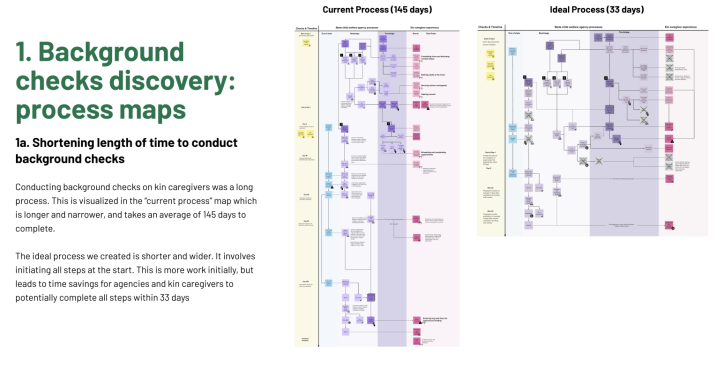
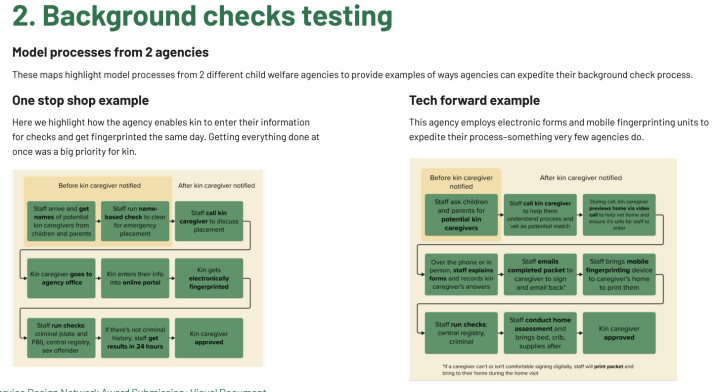
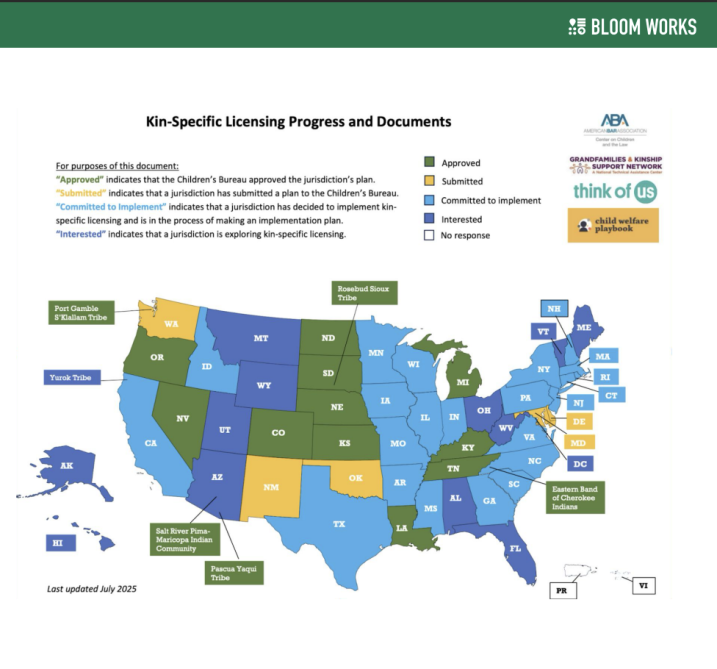

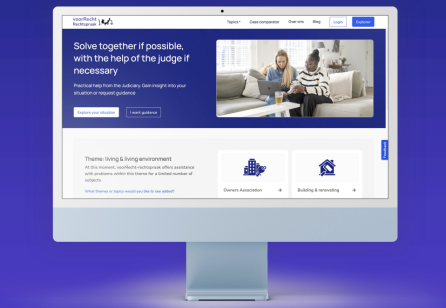
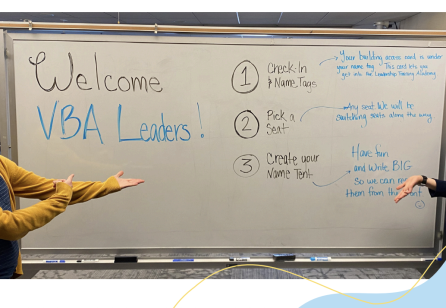


Share your thoughts
0 RepliesPlease login to comment